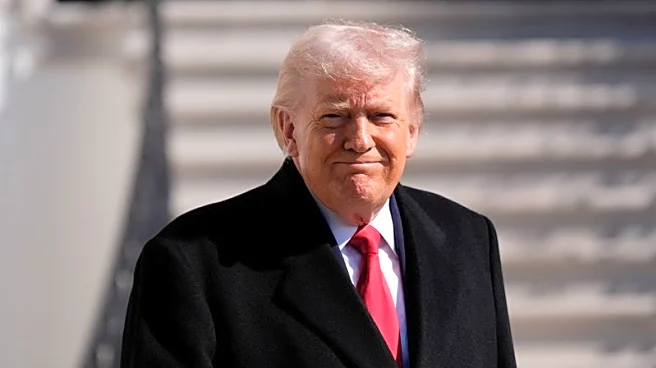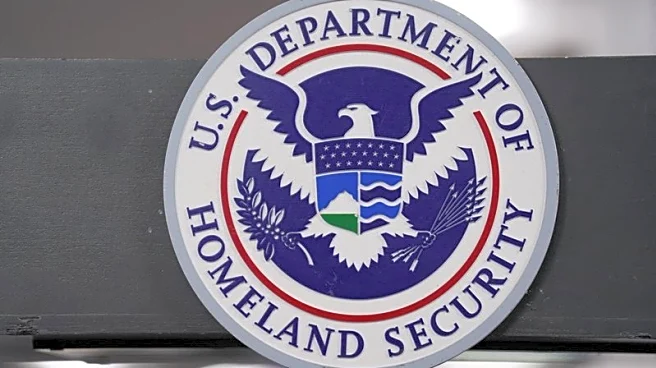Rapid Read • 7 min read
Evergrande, once a leading property developer in China, has been delisted from the Hong Kong stock exchange after an 18-month trading freeze. The company, which was valued at over $50 billion, defaulted on its $300 billion debt and was unable to present a debt repayment plan. Liquidators have been working to recover investments, including filing lawsuits against auditors. The delisting reflects the broader slowdown in China's real estate sector, which has been exacerbated by tightened lending controls and falling property values.
AD
Evergrande's delisting is a significant event in the ongoing property market crisis in China, affecting both developers and the economy. The real estate sector, which contributes a substantial portion to China's GDP, is facing challenges that have led to reduced consumer spending and economic growth. The crisis has also impacted related industries, such as steel, and has prompted government efforts to stabilize the market. The situation highlights the need for regulatory reforms and alternative economic strategies.
As the property market continues to struggle, other developers like China South City Holdings are facing liquidation. The Chinese government may introduce further measures to support the market, but the long-term recovery remains uncertain. The upcoming liquidation hearings will determine the fate of creditors and the future of the affected companies.
The Evergrande crisis may lead to a reevaluation of China's economic reliance on real estate development. The impact on household savings and consumer behavior could result in shifts in financial planning and investment strategies. Additionally, the situation raises questions about the effectiveness of regulatory policies and the need for sustainable economic models.
AD
More Stories You Might Enjoy












